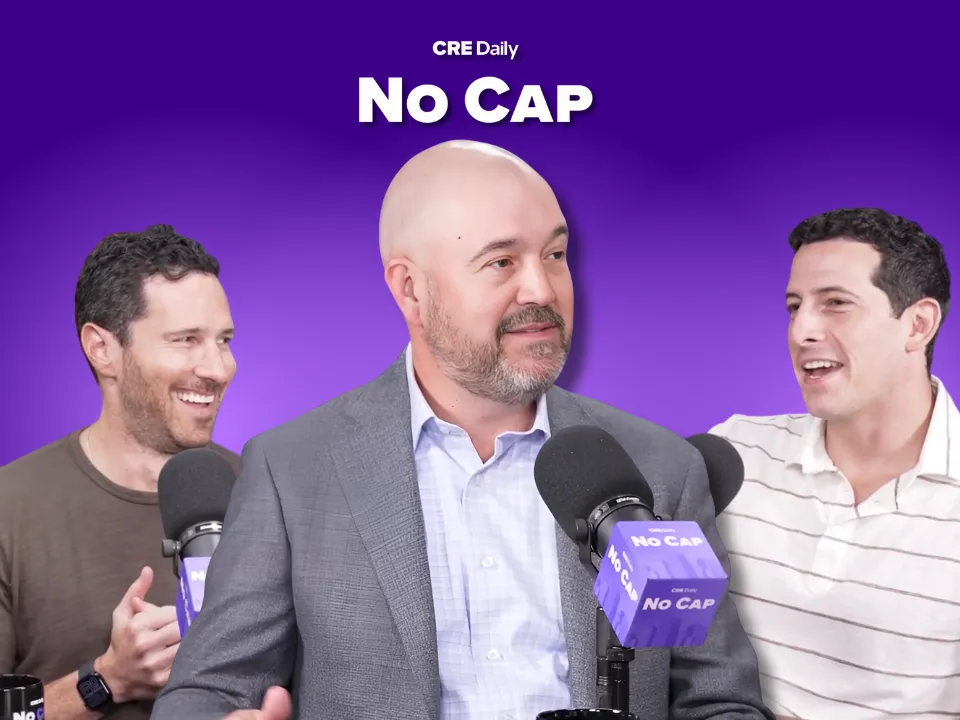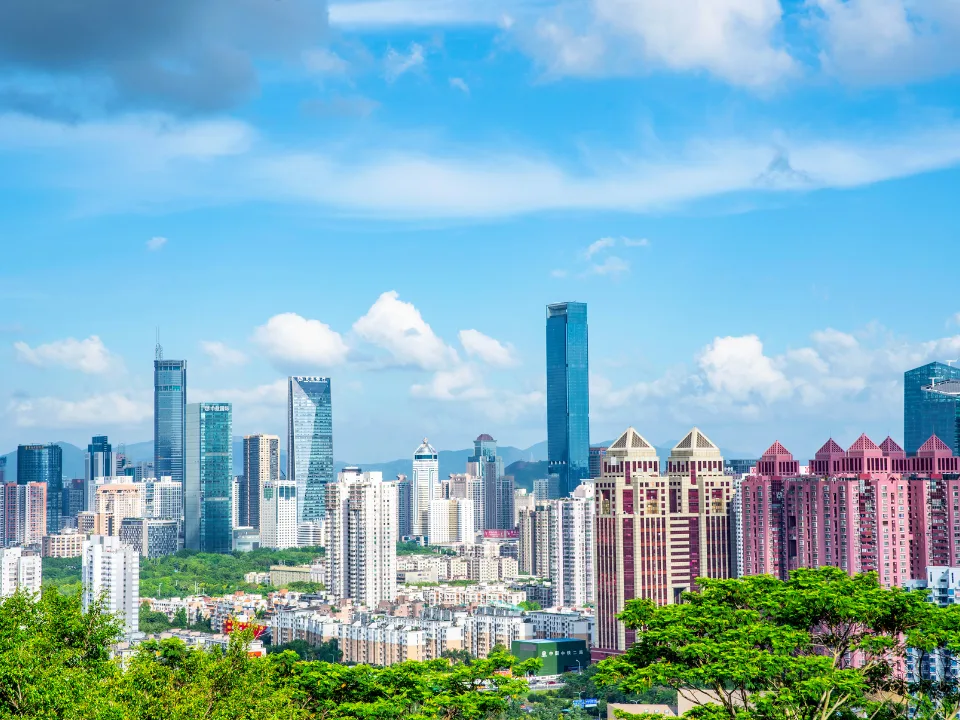- US cities and towns are offering cash incentives—often $5K to $10K—plus perks like concert tickets, golf memberships, and co-working spaces to attract fully remote workers.
- Platforms like MakeMyMove have seen explosive growth, from 20 relocation programs in 2020 to over 178 today, as communities seek to reverse brain drain and stimulate local economies.
- Established programs like Tulsa Remote have proven economic benefits, but smaller and newer initiatives face challenges in achieving scale and retaining workers long term.
Once a niche pandemic-era idea, paying people to move is now a mainstream play for cities trying to grow their populations and economies, reports WSJ. From Indiana to Kentucky, communities are wooing remote workers with cash and perks. Some even offer personal welcomes from the mayor himself.
A Relocation Comeback Story
Brandon Speece left Indiana for Texas six years ago, but the rise of remote work during the pandemic opened the door for a return. Noblesville, Ind., sealed the deal with a $5K relocation bonus plus concert tickets, a golf membership, and co-working space access. He and his fiancée moved in 2023, later buying a house—something out of reach in Austin’s expensive housing market.
Get Smarter about what matters in CRE
Stay ahead of trends in commercial real estate with CRE Daily – the free newsletter delivering everything you need to start your day in just 5-minutes
The Bigger Picture
MakeMyMove, a platform for relocation offers, has grown from about 20 programs in 2020 to over 178 today. The target audience: an estimated 17M Americans who work fully remotely, a share that has held steady since 2023. Cities hope to reverse decades of population loss, but experts warn success requires ongoing support to keep newcomers long term.
Incentives Get Creative
Relocation packages vary widely:
- Tulsa Remote offers $10K to move for at least one year; 70% of participants since 2019 still live there.
- Noblesville, Ind. has relocated 102 remote workers since 2022, reporting a 90% retention rate and projecting a $37.6M economic impact over five years.
- EKY Remote in Eastern Kentucky has moved 51 households since 2024, bringing $7.4M in wages to a region hit hard by the coal industry’s decline.
Perks now include bourbon distillery tours, park passes, gym memberships, and coffee meetups with local officials.
Why It Matters
Studies suggest remote-worker incentives can yield strong returns. Tulsa Remote found every $1 invested generated over $4 in local economic benefits, outperforming traditional business subsidies in job creation efficiency. For cities like Noblesville, attracting residents is also a prerequisite to luring businesses.
What’s Next
As more communities compete for the same pool of workers, offers may get even more elaborate. Smaller towns face hurdles in scaling their programs. For those combining financial incentives with livability and community ties, the strategy could reshape local economies for the long haul.


















